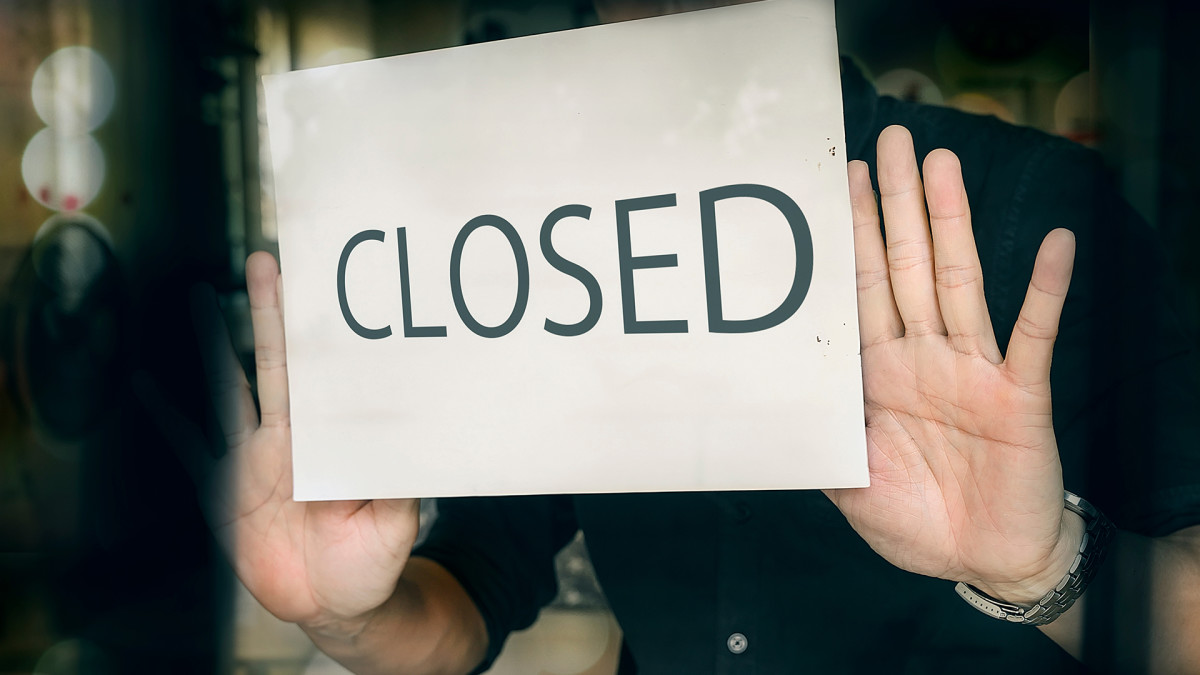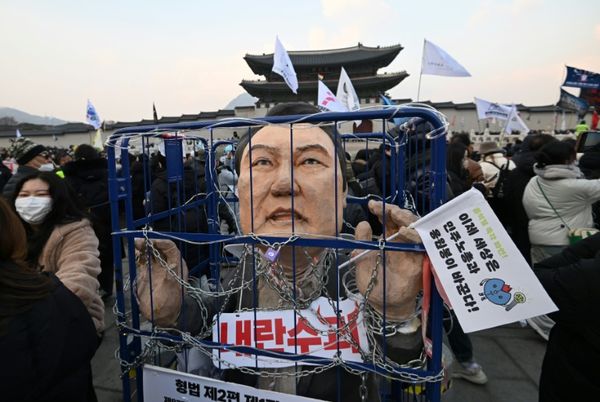
Some brands seem like they will always be there which makes it more shocking when they go away. Sears, for example, hasn't completely disappeared, but the company that once defined American retail now only has a few locations left.
It was also hard to imagine when driving around the country — at least the northeast — in the 1980s that the Howard Johnson restaurant brand would disappear. That chain essentially served as America's rest stop and it seemed hard to imagine a time when it would no longer exist.
Related: Popular beverage retailer files Chapter 11 bankruptcy
In some cases, it's new competition or a changing marketplace, while in others, it's simply bad management. Having a brand name and even a devoted customer base does not guarantee success especially when a company seems to rest on its laurels.
In the case of Boston Market, a chain that once had nearly 1,000 locations nationwide, the company's death has been slow, but the pace of its demise has picked up over the past few months.
Now, with its store count continuing to dip, the chain seems to have reached the end even if it won't confirm that given that there no longer appears to be anyone around to make that decision.

Image source: Shutterstock
Boston Market may no longer exist
Boston Market owner Jignesh "Jay" Pandya was recently denied Chapter 11 bankruptcy for the second time and has been barred from filing again for six months. That leaves his company, which faces massive financial obligations, unable to gain court protection from its creditors.
The company no longer has a headquarters as it was seized in May 2022 by the Colorado Department of Revenue over $329,00 in unpaid sales and payroll taxes. The chain also owes US Foods, its key food vendor $11 million and it faces over 140 lawsuits in a variety of state and federal courts over everything from unpaid wages to overdue rent, and vendors who have not been paid.
It's a bleak picture that keeps getting worse. In March, Restaurant Business reported that the chain had dwindled to 27 locations. That number appears to have fallen.
Boston Market closed its last stores in the San Francisco Bay Area, recently, although the exact timing is not clear. Additional local news reports suggest that the chain may be down to its last few stores and even the company's partners can't get an answer.
"A representative at Bellisio Foods, a company that manufactures frozen meals for Boston Market and other chains, told SFGATE via email that Boston Market “has shut down all forms of communication (phone lines, emails, website contact forms) and we have no way of relaying your concern to their team, directly.”
Boston Market nears the end
When your core vendor shuts you off, it's very hard to stay in business. In fact, it's unclear exactly what food any remaining Boston Market locations are selling.
The chain has ignored multiple attempts by TheStreet asking for comment and no longer has a phone number or email for further attempts.
Any remaining franchises that are open are likely operating without any support from corporate. That likely means that there's no longer any oversight and the remaining locations may not be following the company's standards, which it shares on its still operational website.
"Our kitchen runs like yours — with real food made by hand," the company posted. "Our all-natural chicken is freshly roasted every hour. Chocolate chunk cookies are baked fresh every morning. Cornbread is mixed in-house and baked fresh throughout the day. Broccoli & mixed vegetables are freshly chopped, then steamed."
That may still be the case, but it's unlikely any remaining locations will be around for much longer.
"It appears unlikely Boston Market will have the finances to stay afloat or grow," RetailDive shared.
ALSO READ: Classic Las Vegas Strip show makes a surprise comeback
Boston Market has technically not filed for bankruptcy but it has clearly run out of money. Being bankrupt is not the same as having Chapter 11 bankruptcy protections which allows a company some breathing room to negotiate with creditors.







